
Top 7 peripheral neuropathy creams that actually STOP nerve pain fast!

Peripheral neuropathy is a condition that affects the nerves outside the brain and spinal cord, leading to pain, tingling, numbness, or burning sensations in the extremities, particularly the feet and hands. Beyond discomfort, it can cause weakness, poor balance, and difficulty walking, often worsening at night. While not immediately life-threatening, untreated neuropathy can lead to serious complications and significantly reduce quality of life.
What is Peripheral Neuropathy?
Peripheral neuropathy occurs when peripheral nerves are damaged or fail to function properly. These nerves are responsible for transmitting signals between the brain, spinal cord, and the rest of the body. When they are impaired, everyday tasks such as walking, climbing stairs, or even standing for long periods can become challenging.
Common symptoms include:
-
Pain, burning, tingling, or “pins-and-needles” sensations
-
Numbness or reduced sensitivity
-
Weakness in the limbs
-
Problems with balance and coordination
-
Symptoms that often intensify at night
If left unmanaged, neuropathy can lead to falls, injuries, or further nerve damage, making early diagnosis and treatment essential.
Key Takeaways
-
Peripheral neuropathy is caused by nerve damage and often poor blood flow.
-
Symptoms include tingling, burning, numbness, weakness, and balance difficulties.
-
Pain frequently worsens at night.
-
Early detection and management are crucial for preventing complications.
-
Treatments can include topical creams, dietary supplements, lifestyle changes, and addressing underlying health conditions.
Causes and Progression
Peripheral neuropathy has multiple causes, often related to poor blood circulation and nerve damage. Common contributors include:
-
Diabetes: High blood sugar damages nerves over time, making diabetic neuropathy one of the most common forms.
-
Vascular disease: Reduced blood flow deprives nerves of oxygen and nutrients.
-
Age: Nerve function naturally declines with age.
-
Heart conditions: Congestive heart failure or other cardiac issues may contribute.
-
Medications and toxins: Certain drugs, alcohol, and environmental toxins can harm nerves.
As neuropathy progresses, nerves may lose their insulation (myelin) and functionality, creating a cycle of increasing pain, numbness, and weakness.
The Growing Market for Neuropathy Solutions
The number of people affected by peripheral neuropathy is rising, particularly due to increasing rates of diabetes and an aging population. This has led to a growing demand for effective treatments. The market for diabetic peripheral neuropathy alone is projected to expand significantly in the coming years, encompassing therapies such as topical creams, dietary supplements, physical therapy, and innovative medical devices.
Topical Creams for Relief
Many people find relief from neuropathy symptoms using over-the-counter topical creams. These products usually work by:
-
Numbing the area
-
Reducing inflammation
-
Providing cooling or warming sensations that distract from pain
Commonly recommended options include:
-
Gold Bond Pain and Itch Relief Cream: Contains menthol and pramoxine for moderate pain and itching relief.
-
Capsaicin Creams: Derived from chili peppers; desensitize nerve endings but may cause initial burning.
-
Aspercreme with Lidocaine: Temporarily numbs the affected area, helpful for nighttime pain.
-
Blue Emu Pain Relief Cream: Emu oil, aloe vera, and MSM help moisturize skin and reduce inflammation.
-
Salonpas Pain Relieving Patch: Provides targeted relief with menthol and methyl salicylate.
-
Voltaren Arthritis Pain Gel: Contains diclofenac sodium, a potent anti-inflammatory also effective for neuropathy.
-
Penetrex Pain Relief Cream: B vitamins, MSM, and arnica reduce inflammation and pain, though regular use may be needed.
While these creams do not address the root cause, they provide temporary comfort and improve quality of life.
Supplements for Nerve Health
Certain supplements can support nerve function and reduce inflammation, including:
-
MSM (Methylsulfonylmethane): Known to reduce pain and improve joint function.
-
Turmeric: Potent anti-inflammatory effects comparable to some medications.
-
Glucosamine: Supports joint and nerve health.
-
B Vitamins: Essential for nerve repair and function, particularly B12 and B1.
Supplements are most effective when combined with medical guidance and lifestyle changes.
A Holistic Approach to Neuropathy
Topical creams and supplements are helpful, but a comprehensive approach yields the best results. This includes:
-
Addressing underlying medical conditions such as diabetes, hypothyroidism, or vascular disease
-
Maintaining proper footwear and using orthotics if needed
-
Engaging in regular, gentle exercise to improve circulation and balance
-
Making dietary changes to support nerve and vascular health
-
Using physical therapy or other therapies as advised by healthcare professionals
Resources such as books and detailed guides can provide additional insights into managing neuropathy at home while supporting professional care.
Conclusion
Peripheral neuropathy is more than just discomfort—it’s a sign that your nerves and circulation need attention. With early detection, proper management, and a combination of topical treatments, supplements, and lifestyle adjustments, symptoms can be alleviated and further nerve damage prevented. Prioritizing nerve health can significantly improve quality of life and help you stay active, balanced, and pain-free.
News in the same category

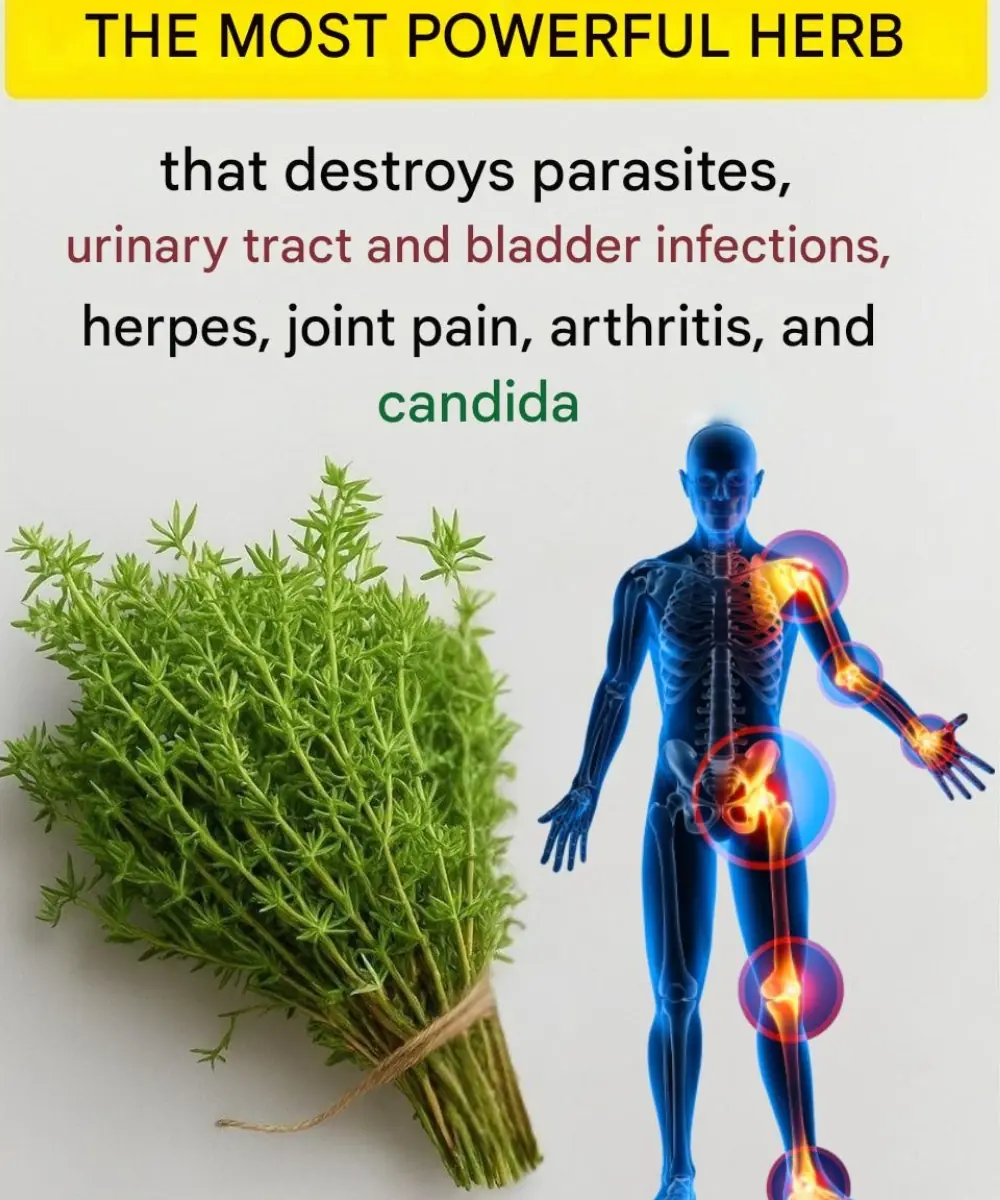
Thyme: The Natural Remedy for a Variety of Health Problems
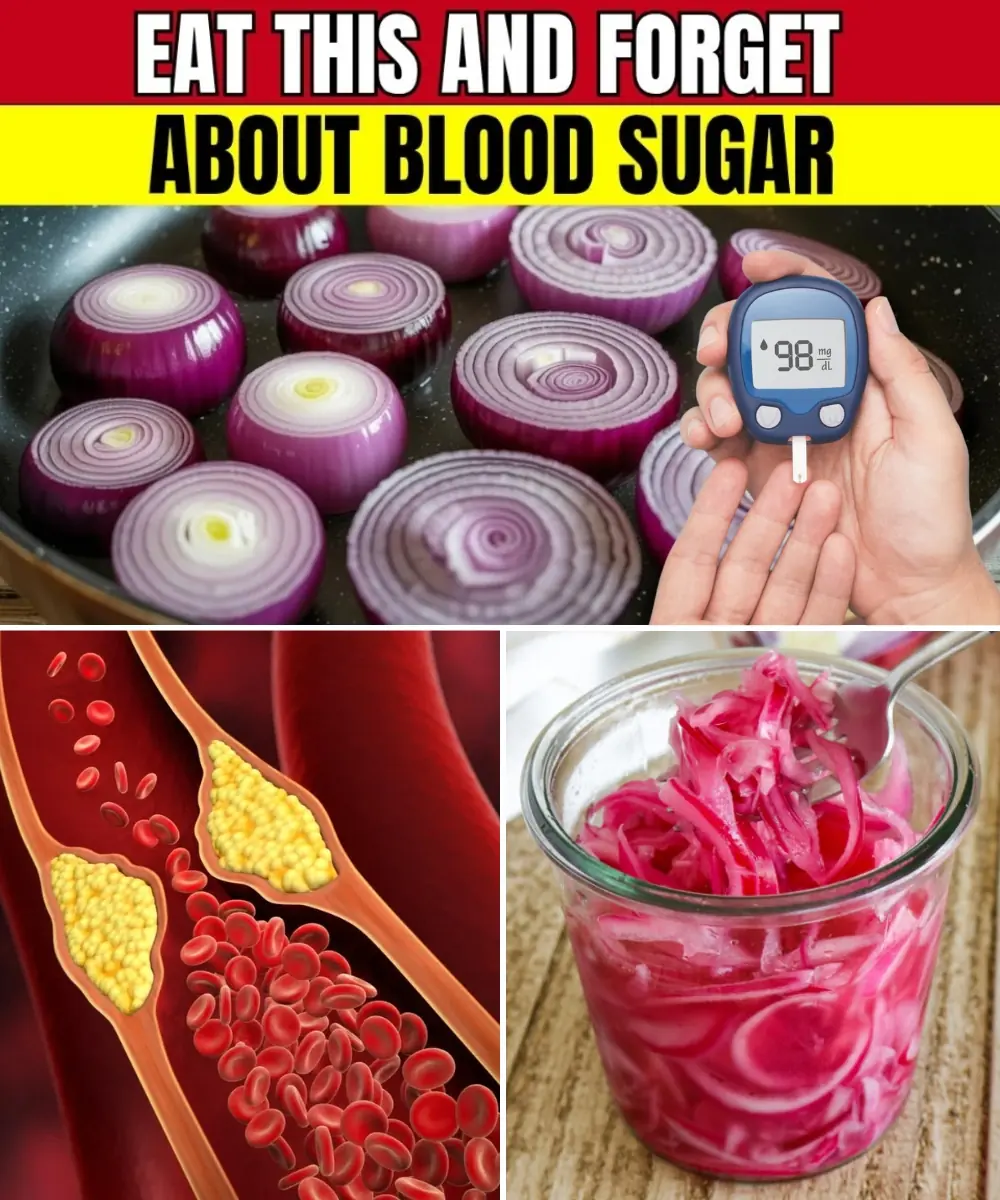
Red Onion for Instant Blood Sugar Drop: A Kitchen Secret Few Know
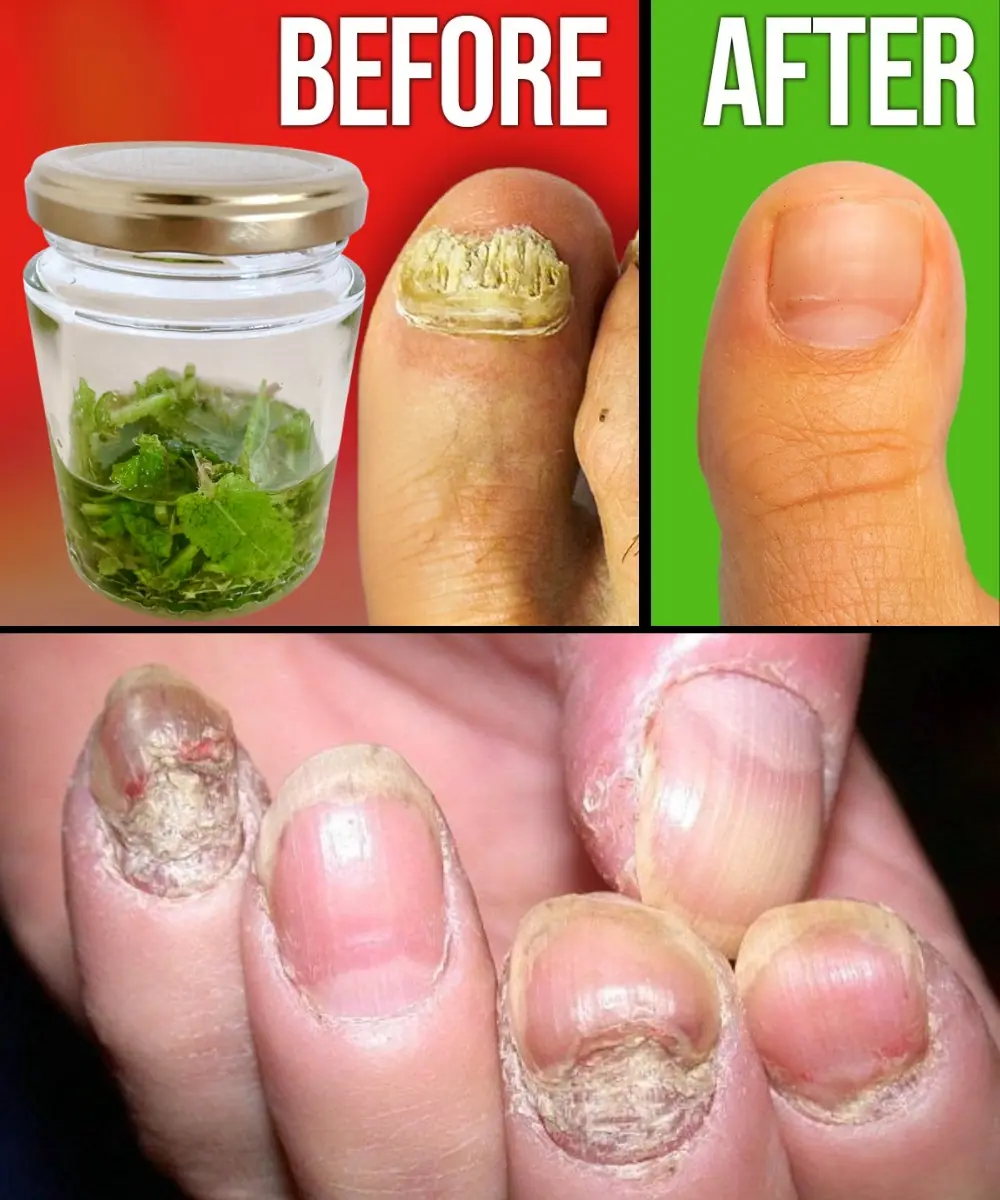
Discover the Secret of “Rompe Fungus”: Naturally Restore Healthy Nails!

Here’s How to Go to Sleep Fast (in Under 1 Minute)
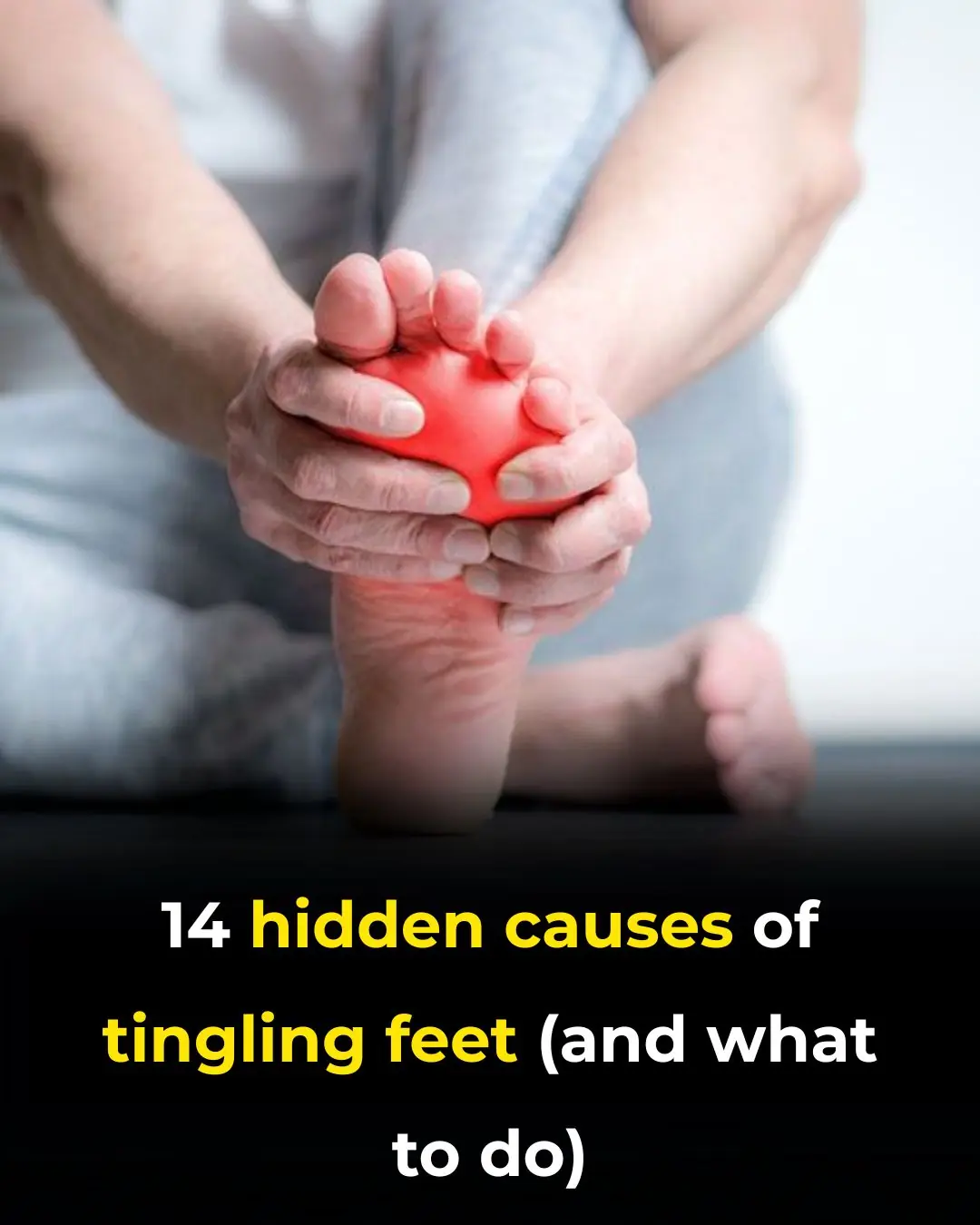
14 hidden causes of tingling feet (and what to do)

Take This Before Bed — and Wake Up Transformed

The Ultimate Healing Tonic: A Powerful Natural Drink for Swollen Feet, Diabetes & Poor Circulation

If you suffer from arthritis pain and joint aches, here's what you should know

Reverse diabetes and insulin resistance fast—4 hacks doctors don’t tell you!

4 powerful remedies to eliminate parasites—#2 will surprise you!
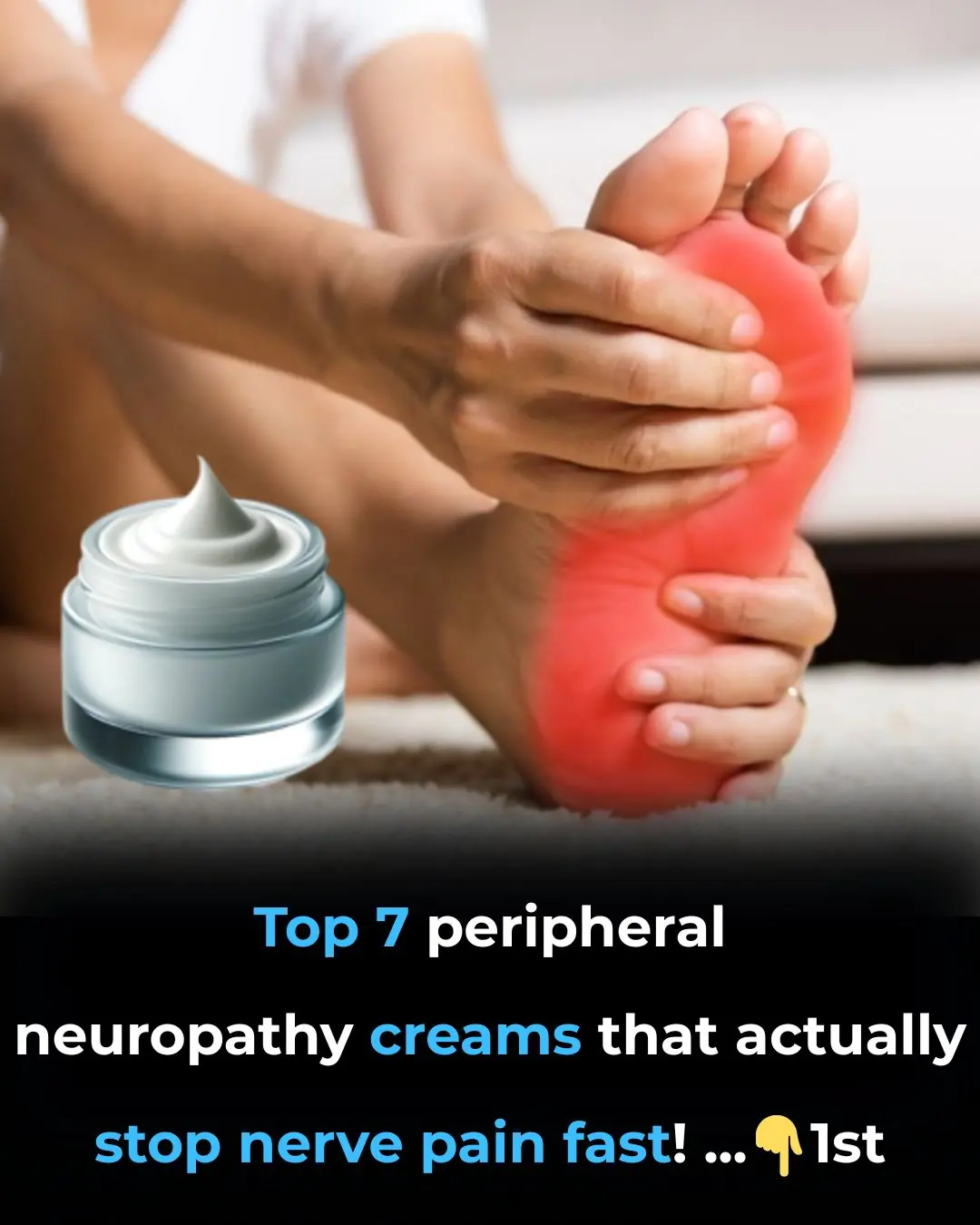
Top 7 peripheral neuropathy creams that actually STOP nerve pain fast!

The Real Health Benefits of Papaya Seeds: A Tiny Powerhouse Worth Trying

15 Things That Women Will Always Notice About A Man Over 50

Marathon Runner Diagnosed With Terminal Cancer Warns Against Ignoring Small Symptoms

PANCREATIC CANCER NEEDS CATCHING EARLY. THE SIGNS AND SYMPTOMS TO LOOK OUT FOR

Woman diagnosed with stage four colon cancer warns people about 5 symptoms she ignored

1 cup to protect the pancreas (and reduce blood sugar)
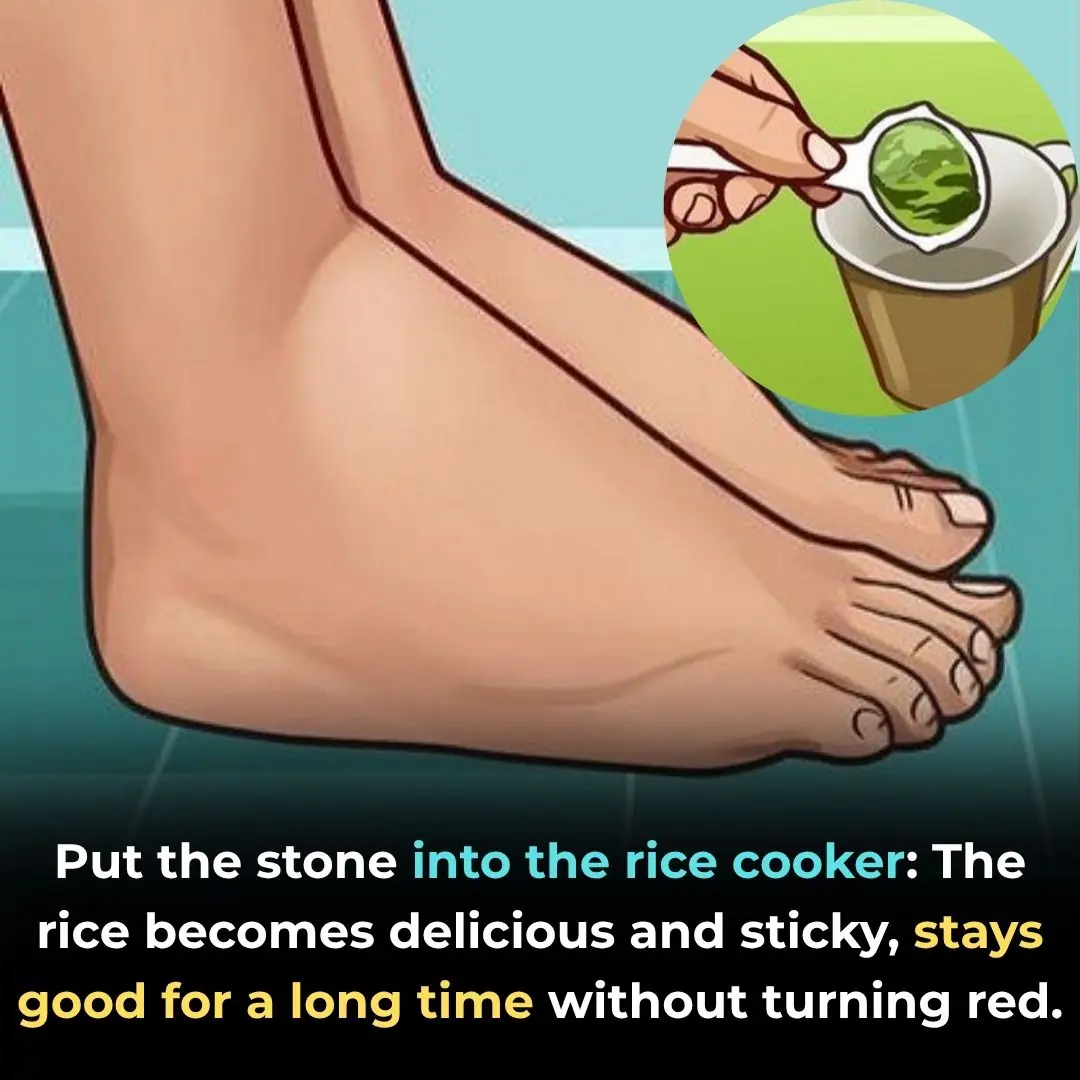
Eliminate Excess Water and Prevent Hand and Foot Swelling with These Effective Recipes
News Post

Here are 3 simple ways to keep your house free of mice.

After eating grapefruit, don't throw away the peel because it has more uses than you think, not only does it help increase health but it's also good for feng shui.
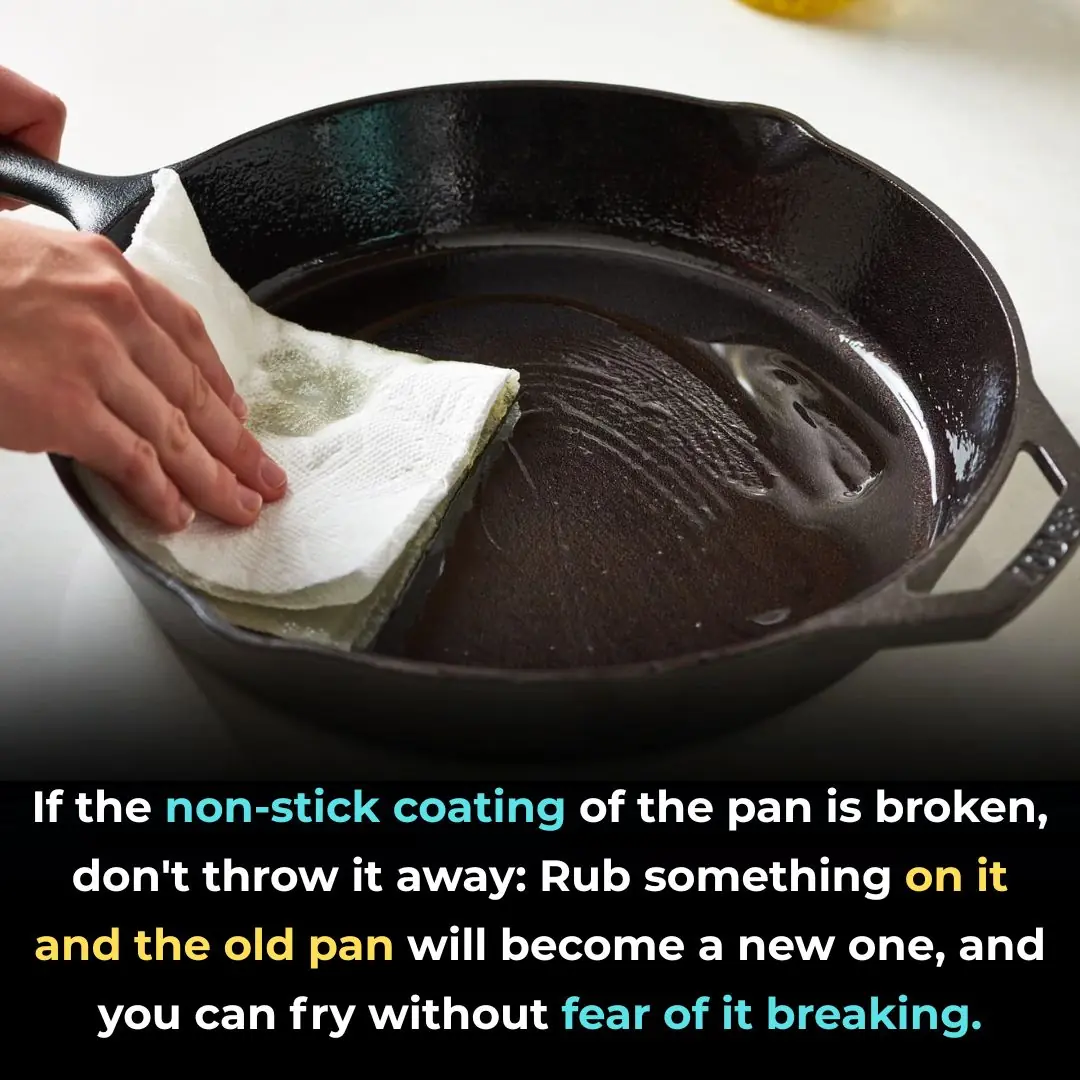
If the non-stick coating of the pan is broken, don't throw it away: Rub something on it and the old pan will become a new one, and you can fry without fear of it breaking.

Take a handful of these leaves and boil water to wash your hair. Your hair will grow thickly and fall out will be reduced significantly.

How to make delicious sweet and sour pickled radish in just 3 EXTREMELY simple steps
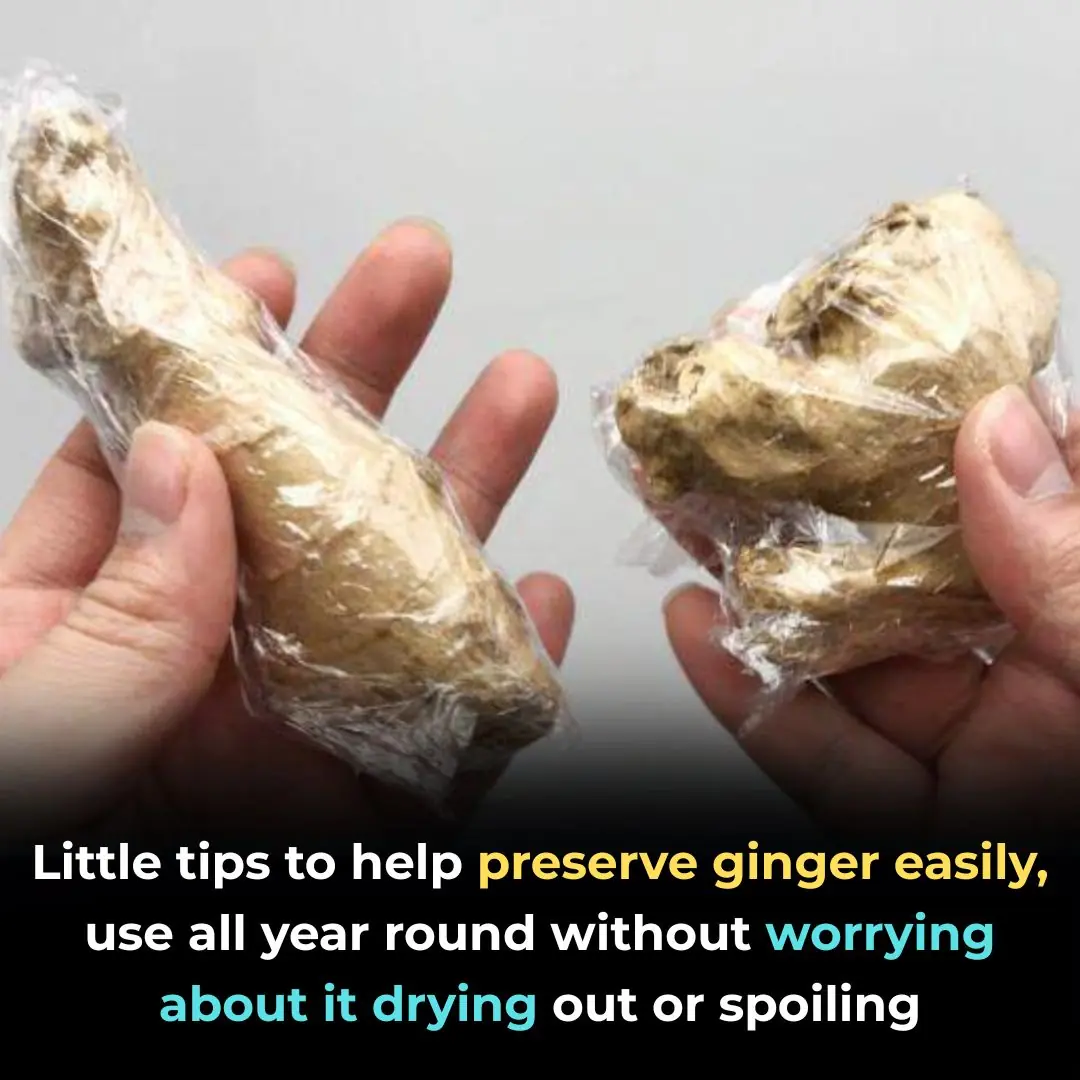
Little tips to help preserve ginger easily, use all year round without worrying about it drying out or spoiling

WHAT HAPPENS WHEN WE TONGUE KISS…See more

Yellowed, burnt stainless steel pots can be soaked in this water and will shine like new.

When cooking rice, don't just add water, add these two things, the grains will be plump, sticky, and noticeably more delicious.

Orange & Ginger Cleanse Juice for Kidneys, Lungs & Liver

Thyme: The Natural Remedy for a Variety of Health Problems

Red Onion for Instant Blood Sugar Drop: A Kitchen Secret Few Know

Discover the Secret of “Rompe Fungus”: Naturally Restore Healthy Nails!

What makes a man leave his wife for another woman

How to Hold and Handle an Urn with Ashes: 3 Things You Should Always Remember

Can You Spot The Problem With This Picture

You are doing it all wrong. Here’s the right way to clean your microwave

Here’s How to Go to Sleep Fast (in Under 1 Minute)
